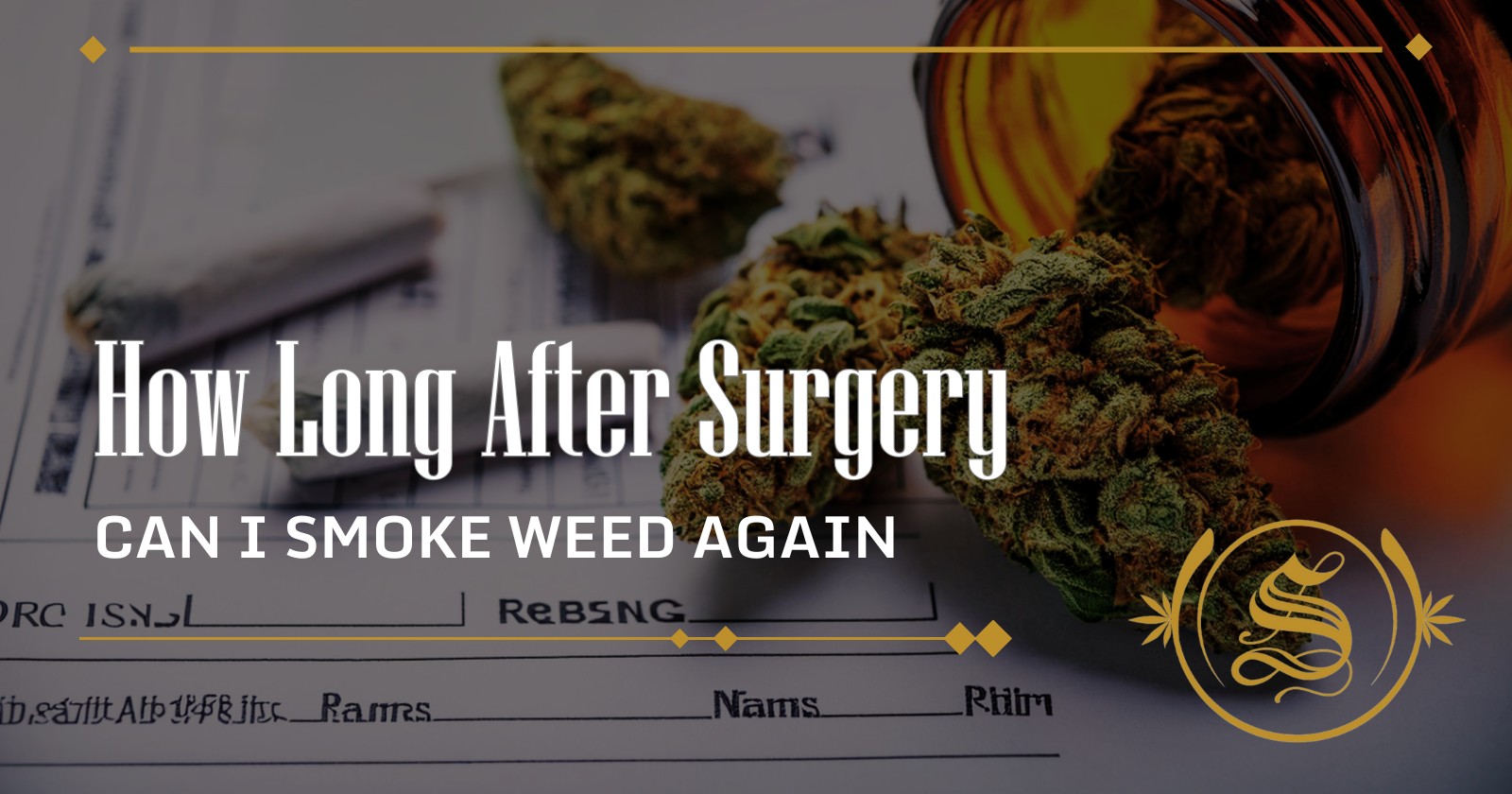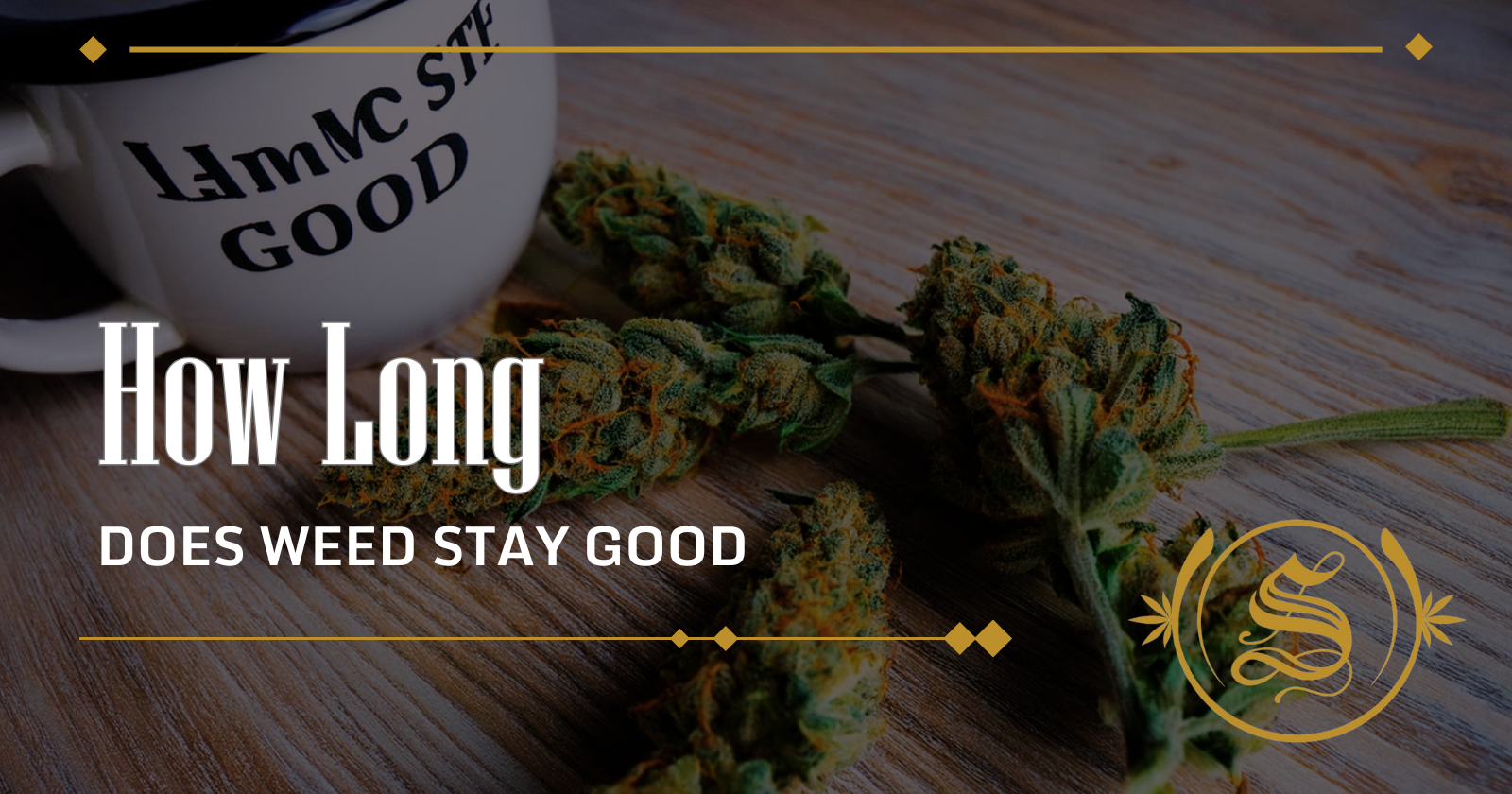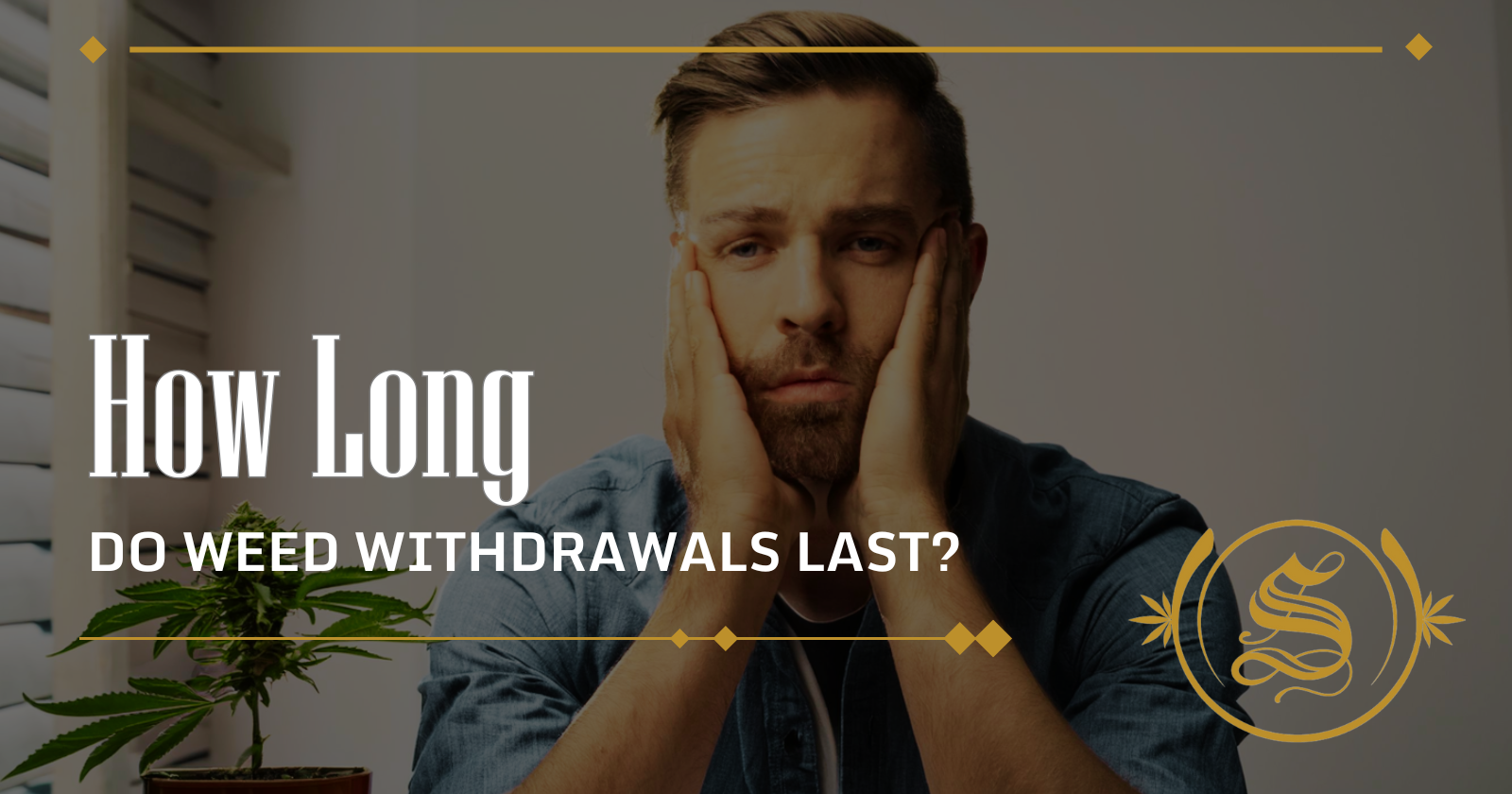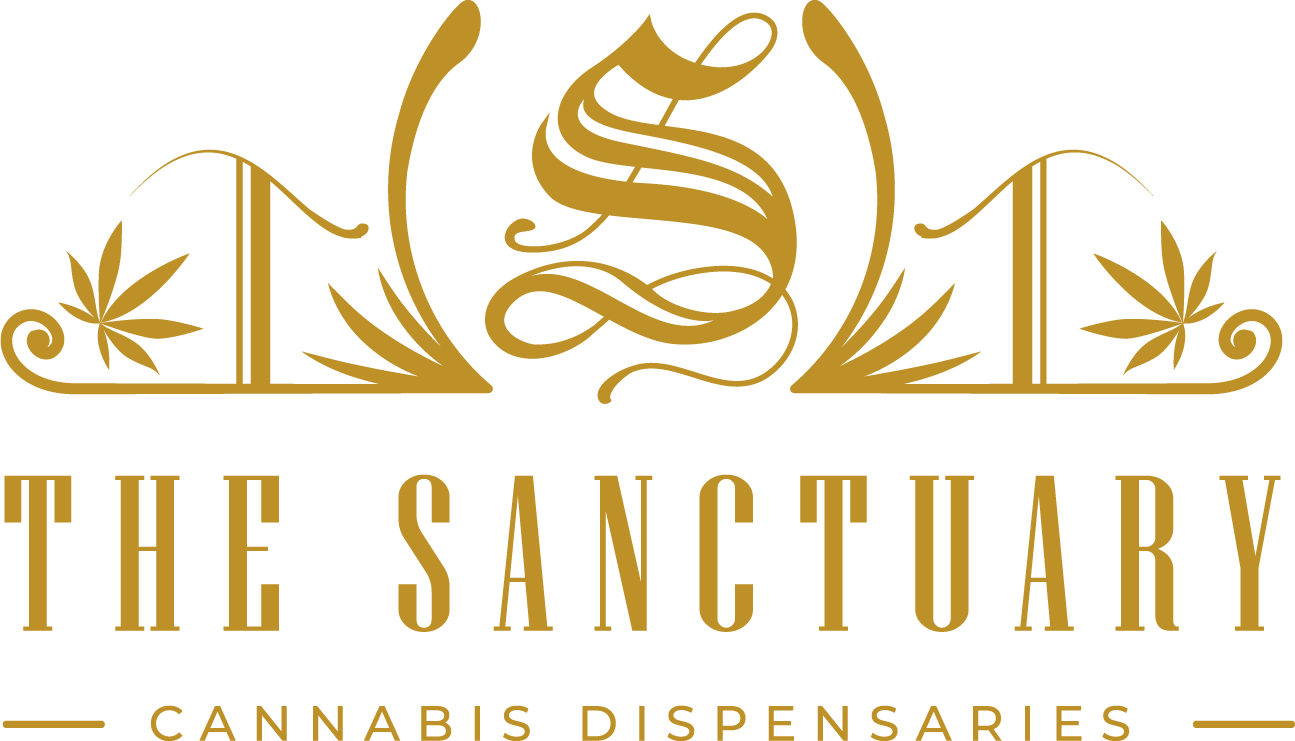Iftikhar Alam
Author
Reviewed by Cannabis Experts
Published on: March 8, 2021 | Updated on: November 16, 2024
Millions of people around the world believe that cannabis is medically beneficial. The anecdotal evidence is clear, and the volume of studies into the plant’s medical possibilities is growing. The problem is that the federal prohibition of the plant means clinical studies are limited.
However, this has not stopped a growing number of states from implementing medical marijuana programs. If you live in a state that has legalized both medical and recreational cannabis, you may wonder about the differences between them, i.e., medical vs. recreational weed.
Suppose you suffer from a condition that medical cannabis is commonly prescribed to treat. In that case, you may wonder whether to get a medical marijuana card and receive prescribed weed or just go to the local dispensary and get recreational weed.
Medical Vs. Recreational Weed: What is the Difference?
The most obvious factor distinguishing the two categories of cannabis is intent. For example, people who use weed recreationally often smoke it to achieve a high rather than to ease chronic pain or other conditions. It is estimated that more than 55 million American adults use cannabis in a month. The vast majority of these users use it for recreational purposes, as there are only about 2 million medical marijuana patients in the U.S.
The main difference between medical cannabis and recreational cannabis is the Cannabidiol (CBD) and Tetrahydrocannabinol (THC) content, the two most abundant compounds in cannabis. Recreational weed usually has more THC content than CBD.
THC is responsible for making users feel high. While THC is medicinally beneficial, its psychoactive nature is not ideal for users who want to use cannabis exclusively for health benefits. CBD has proved to be an excellent medical remedy for several conditions.
If you are interested in medical cannabis, you do not need to consume cannabis with a high THC level. While both medical and recreational cannabis have THC and CBD, you stand to gain more medical benefits from a product with a higher CBD ratio.
Medical Marijuana
Marijuana is legal for medical uses in specific States in the US and countries in the world. However, you often will be required to get a medical prescription from a licensed practitioner. Each state and country has its laws about the medical conditions that qualify a patient for cannabis use.
Medical cannabis is slightly more highly regulated than recreational marijuana. For one, you can only purchase it from licensed dispensaries for consumption. Also, it is available in different forms, like smoke, oil, and edibles. How much you can possess or plant is also highly regulated by the State and country laws.
To keep things legal, patients have to apply for a medical marijuana card, which makes them eligible to carry cannabis for medical reasons.
However, you may be required to have:
- A written diagnosis or a medical document
- In-depth consultation with the doctor who gives a prescribed dosage plan
- Registration in the country’s medical program
Purpose and Use
Medical marijuana is used to manage or minimize the symptoms of different health conditions. It may be prescribed for chronic conditions like arthritis, fibromyalgia, pain, depression, etc.
It is also used in the form of CBD oil medically, which minimizes the seizure activity in epilepsy. Also, those patients suffering from cancer find cannabis helpful in reducing nausea, muscle spasms, and loss of appetite.
Guideline for Dosage
Medical marijuana is prescribed and monitored by a physician. They monitor the dosage over time and adjust it per the patient’s symptoms and response to the treatment plan.
Usually, the prescription is planned in a way that gives patients a balance between the psychoactive and therapeutic contents of CBD and THC.
Recreational Marijuana
Recreational marijuana is legal in fewer regions compared to medical marijuana, which is more legalized. States like Oregon, California, and Colorado have legalized the recreational use of marijuana, and countries like Uruguay and Canada have also legalized it.
Only those individuals ages 21 and above can possess and consume recreational cannabis, so the laws are the same as alcohol. They must also present an ID for the purchase.
These laws are there to set limits for how much a person can buy or possess cannabis at a time. For instance, some States allow possession of up to one ounce of cannabis flower, which may be in the form of THC in edibles or concentrated. Beyond that, you may have to pay a fine or face criminal charges, depending on your State.
Moreover, public consumption for recreational purposes is prohibited in many states. However, it is still unrestricted in private residences or other areas away from the public eye within the prescribed limits.
Marijuana Taxes
With the sole exception of Washington, DC, where possession of recreational marijuana is permitted, but sales are not, all states with legal recreational cannabis have placed an excise tax on the sales of recreational marijuana.
The excise tax percentage varies from state to state, and some states permit an additional jurisdictional tax on top of the excise tax. This local tax is typically used to cover administrative costs, fund law enforcement, and collect revenue for the regional budget.
In states where there is both a recreational and a medical marijuana system in place, medical marijuana patients with a registered medical marijuana identification card may be exempt from paying excise and local taxes.
For example, in California, there are three taxes on cannabis: a sales tax, an excise tax, and a local tax. But if you are a California medical marijuana patient, you are exempt from all taxes aside from sales tax. Check with your state and local government website to see if your medical marijuana card exempts you from paying excise and local taxes.
Age Restrictions on Cannabis
All recreational weed states have the same age restriction: You must be 21 years of age or older to purchase or use marijuana on a recreational basis. However, with an approved medical condition, an 18-year-old can receive a prescription and purchase cannabis according to their state laws.
In most cases, a doctor will only issue a prescription to a child if the child has an immediate need and has had poor success with other treatments. Also, the laws vary by state. For example, a child can receive a Maryland medical marijuana card if the parent is over 21 years old and serves as a caregiver. In other states, like Connecticut and Hawaii, the caregiver only needs to be 18 years old.
Potency Limits
For many years, the assumption was that medical marijuana patients require more potent weed than recreational users. However, research suggests that “less is more” when dosing cannabis, primarily THC.
Several studies suggest that low-dose THC may be equally or even more effective than THC administered at high doses. For example, in one 2014 study published in the Journal of Pain, “Thirty-nine patients with central and peripheral neuropathic pain underwent a standardized procedure for inhaling either medium dose (3.53%), low dose (1.29%), or placebo Cannabis.”
In the study, 21 out of 37 low-dose subjects reported pain reduction. Surprisingly, when the dose was increased to a medium level, there was almost no effect on these results. Only one additional subject (22 out of 37) reported pain reduction when the dose was increased, suggesting that low and moderate doses are almost equally effective for relieving pain.
Users can also develop a temporary resistance or “tolerance” to cannabis, which can be avoided by using lower doses consistently.
Medical cannabis cardholders may enjoy greater access to strains with a higher CBD-to-THC ratio. Researchers have found evidence to suggest CBD possesses the following properties:
- Antioxidant
- Anti-inflammatory
- Anti-anxiety
- Antipsychotic
- Anticarcinogenic
Access and Availability
Those in possession of weed for recreational use face serious jail time or fines in the 39 states where it is not legal. In adult-use states, it usually takes years for the program to come into force and often faces opposition. However, 22 states enable you to qualify for a medical marijuana card where recreational use is illegal.
There is a growing concern in adult-use states that medical-specific dispensaries are declining in number. Even so, you always have the option to walk into any recreational dispensary to get what you need. Recreational users cannot purchase their herb in a medical marijuana dispensary, however.
The existence of dual-licensed shops is also a boon for medical cardholders. These dispensaries cater to both sets of users and offer potentially more products. You are better served using one of these locations rather than a recreational location. This is primarily because they are better positioned to answer medical questions. Medical cannabis dispensaries have trained and vetted staff. They even attend various seminars and earn certifications.
Also, medical marijuana patients have the option to use a caregiver. This individual can buy, possess, or even grow (depending on the state) cannabis on your behalf. Think of this person as your weed supplier. Of course, there are restrictions on who can be a caregiver, so choose this person wisely.
Conclusion
The debate on medical vs. recreational weed is just a superlative layer on the actual benefits of cannabis. Weed offers unique advantages for all, whether ill, healthy or just enjoying life. The only difference is the legislation and the purpose of use.
Either way, enjoy responsible consumption to get the most out of the plant and stay safe and legally protected wherever you are.
Sources
Footnotes
- Wilsey B, Marcotte T, Deutsch R, Gouaux B, Sakai S, Donaghe H. Low-dose vaporized cannabis significantly improves neuropathic pain. The Journal of Pain. 2013;14(2):136-48.
- Corroon J, Phillips JA. A Cross-Sectional Study of Cannabidiol Users. Cannabis and Cannabinoid Research. 2018;3(1):152-161.
- Page RL, Allen LA, Kloner RA, Carriker CR, Martel C, Morris AA, Piano MR, Rana JS, Saucedo JF. Medical marijuana, recreational cannabis, and cardiovascular health: a scientific statement from the American Heart Association. Circulation. 2020;142(10):e131-52.
- Larkin Jr PJ. Medical or recreational marijuana and drugged driving. American Criminal Law Review. 2015;52:453.
- Kilmer B. Recreational cannabis—minimizing the health risks from legalization. The New England Journal of Medicine. 2017;376(8):705-7.
References
- What’s the Difference Between Medical Marijuana and Recreational Weed?. GoodRx Health. Accessed 4/7/2024.
- Cannabidiol (CBD): What we know and what we don’t. Harvard Health Publishing. Accessed 4/7/2024.
- The Facts on DC Marijuana Laws. District of Columbia. Accessed 4/7/2024.
The content provided on this blog is for informational purposes only and does not constitute medical, legal, or professional advice. Cannabis use is subject to local laws and regulations, which vary widely by jurisdiction. Always consult with a healthcare professional before starting any new treatment or altering an existing treatment regimen. The authors and publishers of this blog are not responsible for any actions taken based on the information provided herein. Use cannabis responsibly and in accordance with applicable laws. This blog is intended for adults aged 21 and over. The Sanctuary Dispensaries D186, D187.








